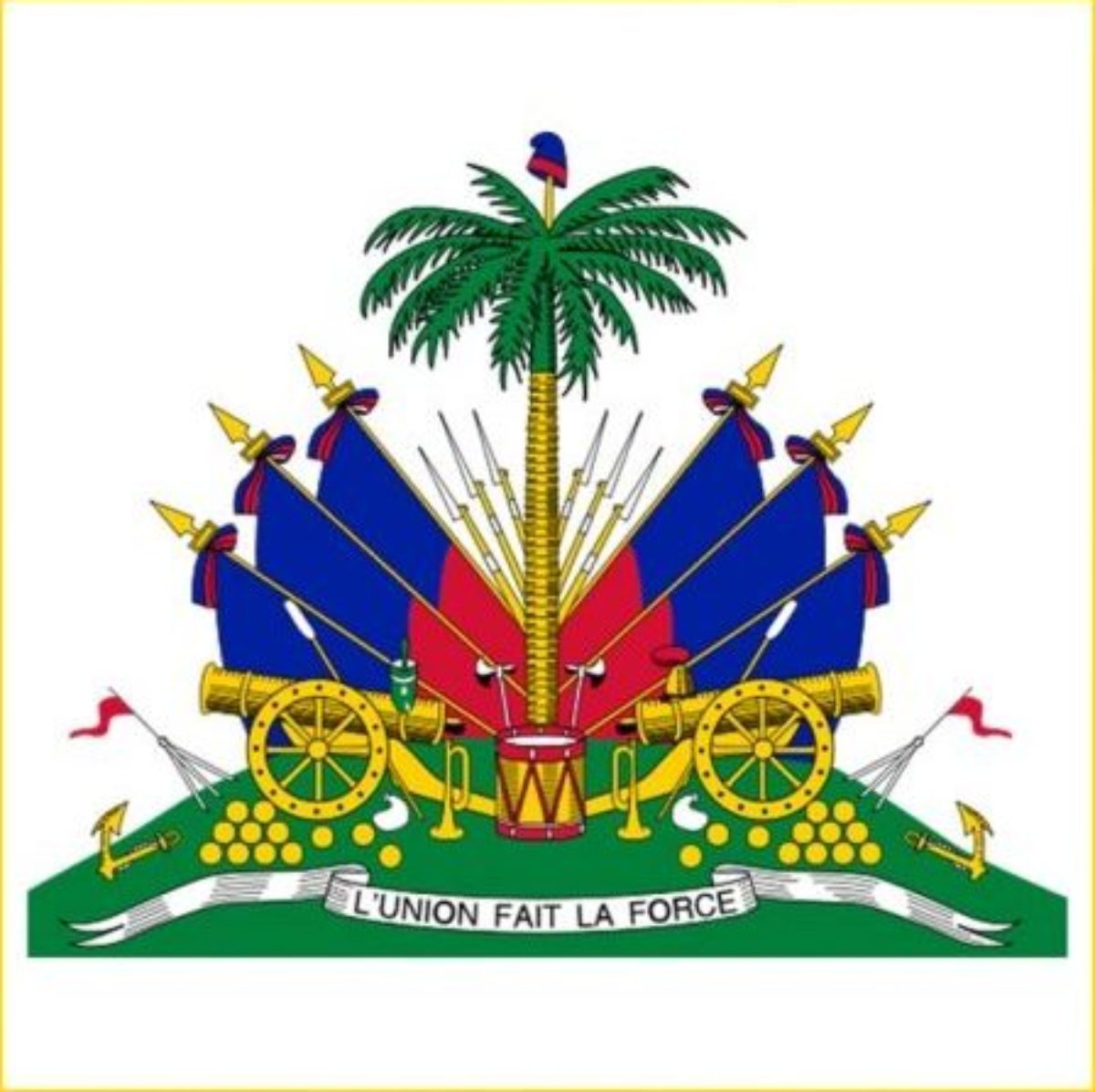I traveled to Florida in February 2018 to sit with Jan Mapou so I could begin working on my thesis of which he is (not was since I am still working on it) the subject. It is not on just him per se, but his Kreyolite. My thesis started out as an exploration of identifying Haitian-American identity by way of literature. Plainly speaking I wanted to research what it means to live in that hyphen of being a first generation American born to Haitian parents. I identified the differences by looking at my own relatives. Being Haitian-American from New York City is different from being Haitian-American from Florida (Miami) or California. Even though we were born in the United States, my brothers and I knew what it was to be Haitian. We knew what it was to experience a different kind of discrimination by others who were like us, first gen American albeit with parents from different areas of the Caribbean. I remember the taunts and the looks of disgust we would get when we told people that we were Haitian. I remember some particular times where I can recall the actions of individuals when they found out that I was Haitian. I remember the shame I felt as a young boy for being Haitian, when a friend or classmate would find out my origins. I also remember the shame I felt in myself when I got older and reflected back at those times for denying that I was Haitian at all. I bring up all that to say this: in touching base with Mapou and learning about what he contributed to Haitian literature and culture, I discovered that I want nothing more than to make the contributions of Jan Mapou known to more and more Haitians and Haitian-Americans outside of Miami. I found Mapou as a result of scholarly research as I was trying to find a subject (a purpose?) for my thesis, and I found that purpose in Mapou. I wanted to write about the contributions of Haitian authors and what they mean to a people who are always portrayed in a negative light. More so, I wanted to shed light on those Haitian authors who wrote in Haitian-Creole and not French. I had to find a reputable source who could plainly explain to me the importance of the Haitian-Creole language. I had to find a person who wrote expressly in Haitian-Creole and did so with such unflinching pride, that it got him flagged as an enemy of the state and thrown into a prison so dismal and so inhuman, it is still too terrible to fathom. Mapou opened my world to re-discovering what it means to be Haitian-American in the sense of what living between that hyphen means. It is a profound thing when you are trying to understand, truly understand your own cultural identity.
I aim to keep my focus on defining Mapou’s Kreyolite and emphasizing his contributions to Haitian literature, culture, and identity. The man is a stalwart of Haitian culture and who I personally believe to be the last line of Haitian literary and cultural representation that we as Haitian people have, at least in the United States. His bookstore in Little Haiti is a treasure trove of everything Haitian. I consider it a place of learning, discovery, and rediscovery and so much more. Mapou’s contributions to the Haitian artistic landscape are immeasurable and I can only hope to capture, in scholarly words, what that means.
